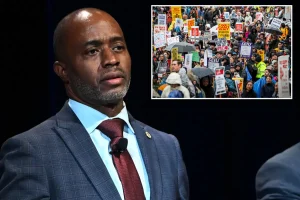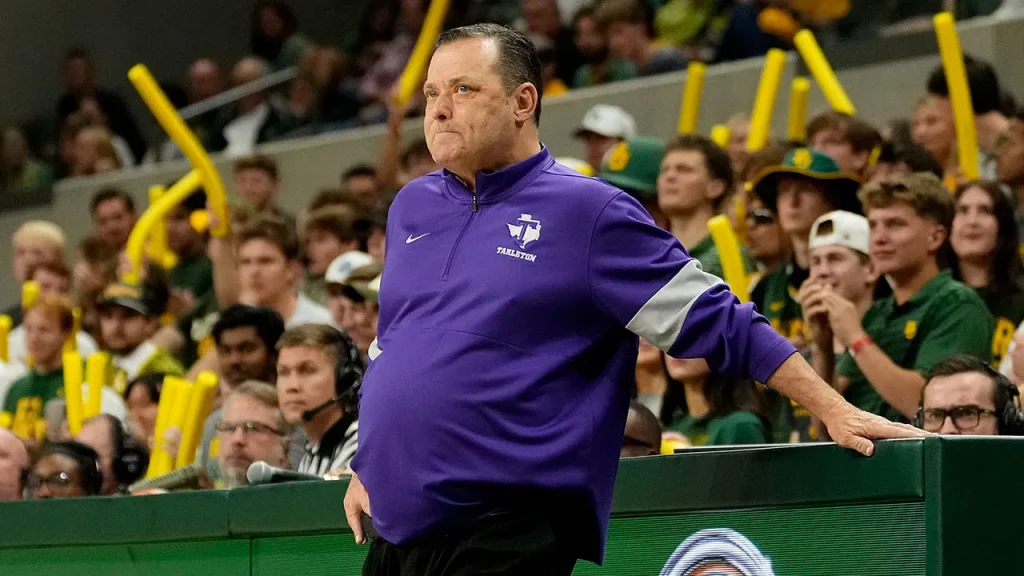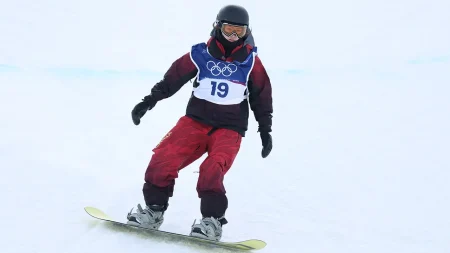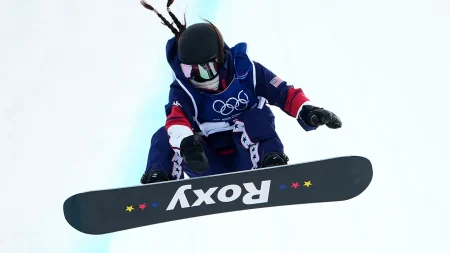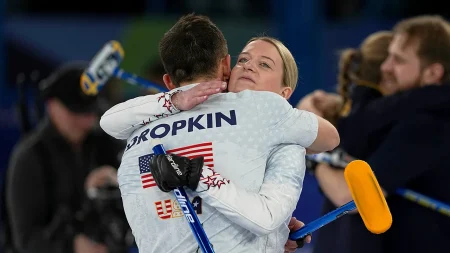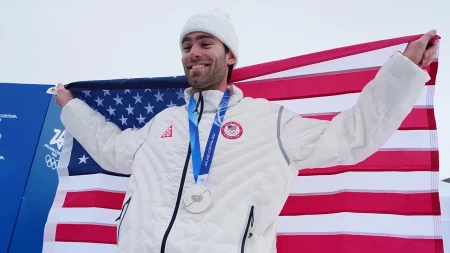Tarleton State’s Billy Gillispie Placed on Administrative Leave: A Career Marked by Success and Controversy
In a significant development for Tarleton State University’s basketball program, head coach Billy Gillispie has been temporarily removed from his position following an anonymous complaint against him. The university announced on Friday that Gillispie has been placed on administrative leave while an employee conduct review takes place. In the interim, assistant coach Glynn Cyprien will step in to lead the team, as confirmed by Steve Uryasz, the university’s Vice President of Intercollegiate Athletics. While specific details about the nature of the complaint remain undisclosed, this situation adds another chapter to Gillispie’s complicated coaching career that has been defined by both remarkable successes and troubling controversies.
This isn’t the first time the 65-year-old coach has faced scrutiny during his 13-season career. Perhaps most notably, Gillispie’s tenure at Texas Tech ended under similarly concerning circumstances. In 2011 and 2012, he faced allegations regarding his treatment of players, which prompted an investigation by the university. Although he ultimately resigned citing health concerns, the timing—just one month after the school launched its investigation—raised questions about the real reasons behind his departure. Prior to that, Gillispie’s brief stint at basketball powerhouse Kentucky ended in dismissal after just two seasons when the team missed the NCAA tournament in 2009, breaking a nearly two-decade streak of appearances. During that time at Kentucky, reports emerged about his allegedly harsh treatment of both players and staff, creating a pattern of behavior that has followed him throughout his career.
Despite these controversies, Gillispie has demonstrated undeniable coaching talent at various points in his career. His most celebrated achievements came during his time at Texas A&M, where he led the Aggies to consecutive NCAA Tournament appearances in 2006 and 2007, including an impressive Sweet 16 run in 2007. These successes showcase the basketball acumen that has kept him employed at the collegiate level despite his troubled history. However, his personal challenges have sometimes overshadowed his professional accomplishments. Before taking the position at Texas Tech, Gillispie attended a substance-abuse program in Houston—a step taken following his third arrest for driving under the influence within a decade, highlighting struggles that extended beyond the basketball court.
When Tarleton State hired Gillispie in 2020, it represented both a significant opportunity for the coach and a calculated risk for the program. With an overall coaching record of 226-182, Gillispie brought considerable experience and a proven ability to build competitive teams to the position. His hiring suggested the university’s willingness to look beyond his controversial past in hopes of benefiting from his coaching expertise. Now, three years into his tenure, this latest incident forces both Gillispie and the university to confront questions about whether this partnership can continue amid renewed concerns about his conduct, the details of which remain confidential as the university has declined to comment further on the situation.
The impact of this development extends beyond just Gillispie’s career trajectory—it affects current players who committed to play for him, assistant coaches who joined his staff, and a university community that invested in his leadership. For the student-athletes especially, such midseason disruption can create uncertainty and anxiety about both immediate team dynamics and their longer-term athletic futures. Assistant coach Cyprien now faces the challenging task of maintaining team morale and performance while the investigation unfolds. His ability to provide stability during this period of transition will be crucial for both the team’s competitive prospects and the players’ overall well-being.
As this situation develops, it invites broader reflection on the complex balance between winning and workplace conduct in collegiate athletics. Gillispie’s career embodies this tension—a coach whose tactical brilliance and ability to build successful programs has repeatedly been undermined by questions about his methods and behavior. Whatever the outcome of Tarleton State’s investigation, this latest chapter in Gillispie’s coaching journey underscores the evolving standards and expectations for those who lead college athletes. In an era of increased scrutiny regarding how authority figures treat those under their supervision, universities must weigh competitive success against their responsibility to provide appropriate mentorship and a healthy environment for student-athletes—a balancing act that continues to shape the landscape of college sports.

